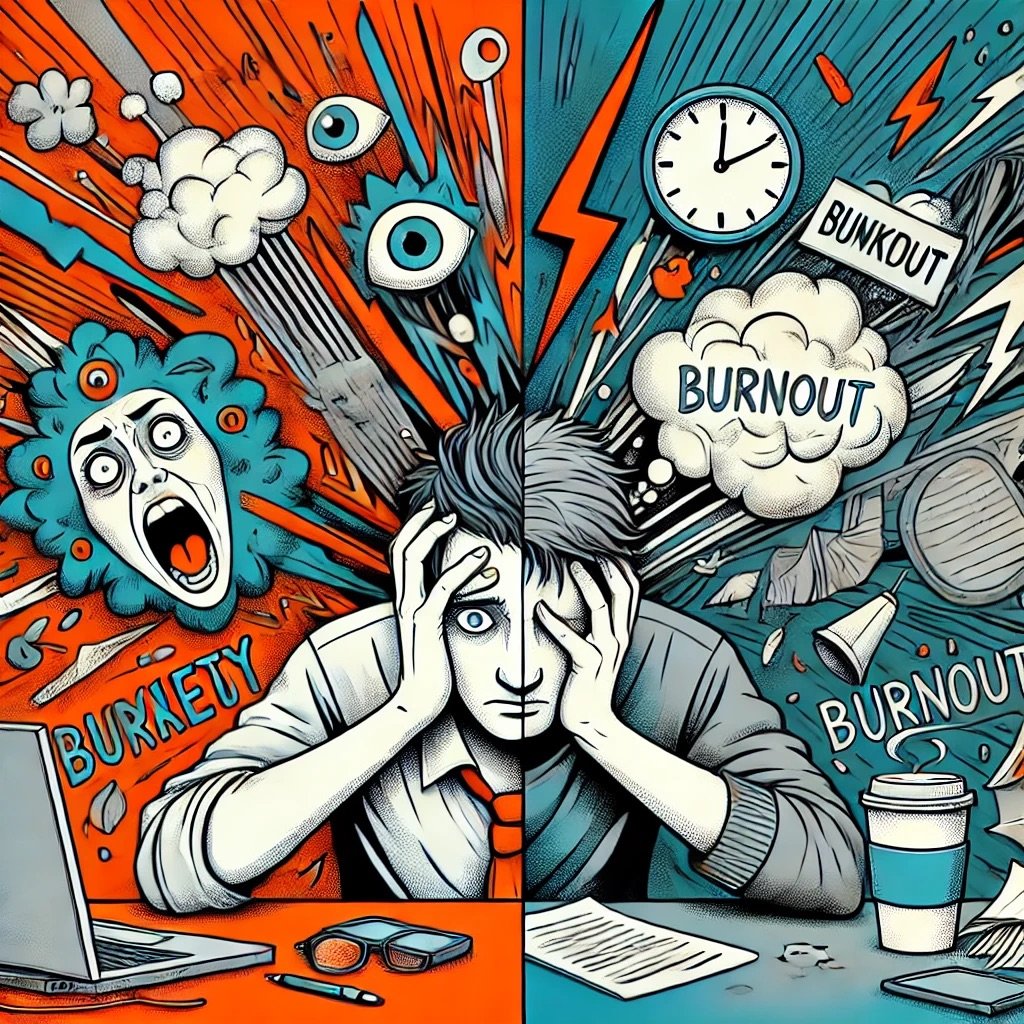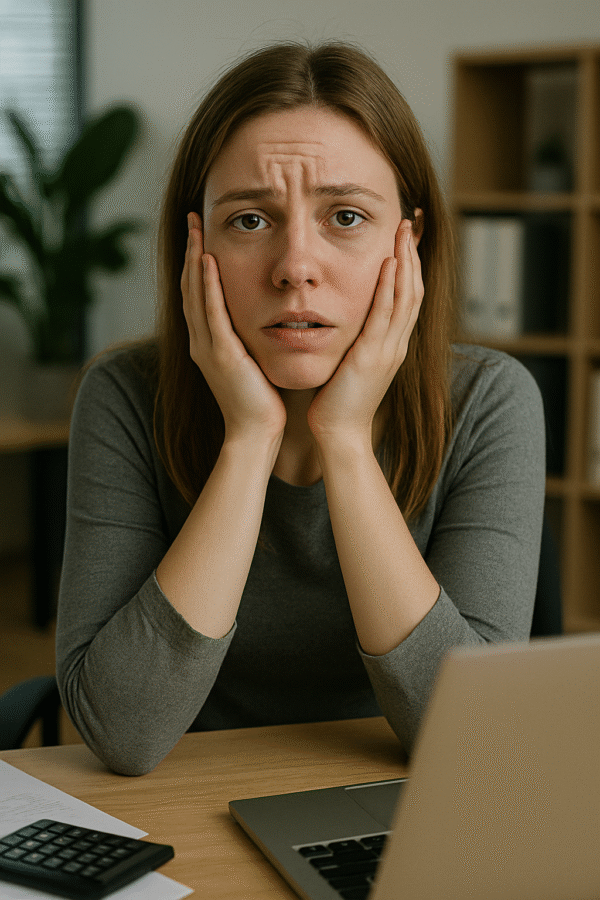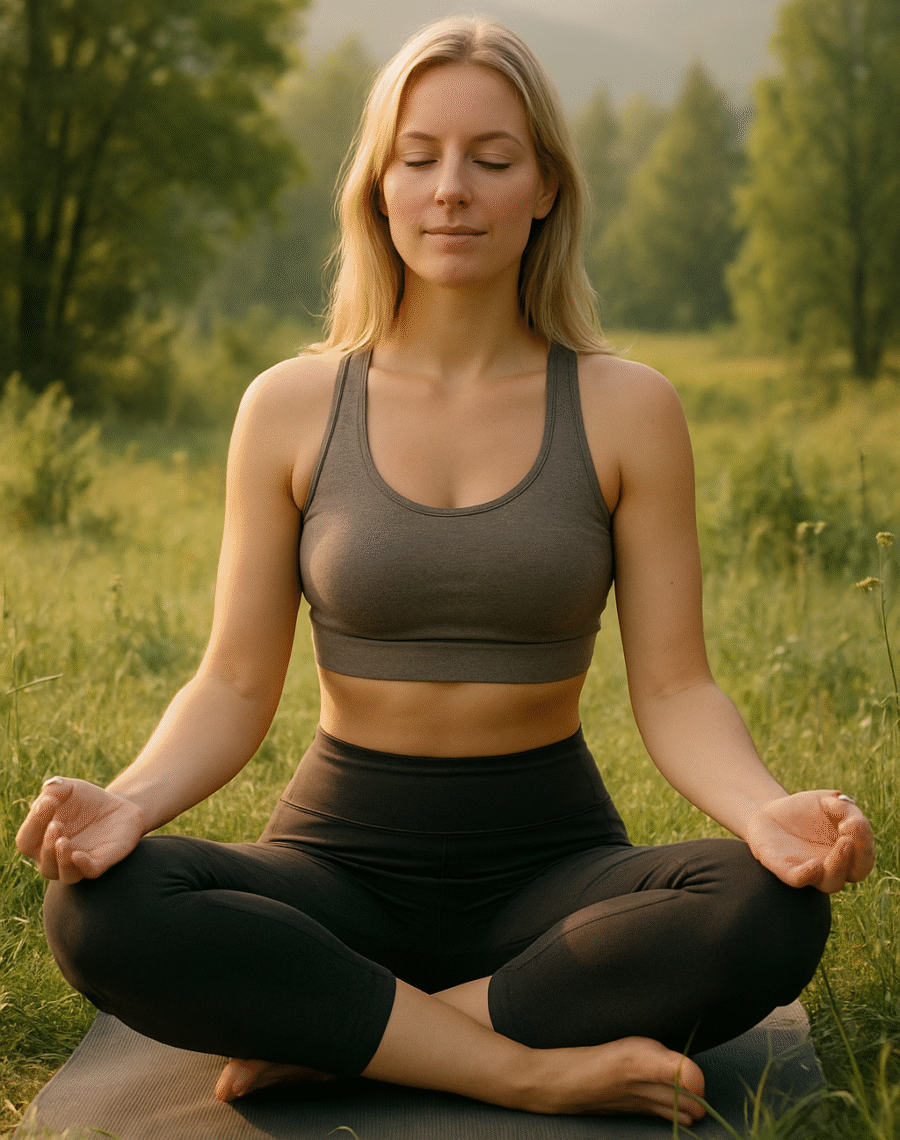Top Signs of Anxiety and How to Manage Them
Anxiety doesn’t always show up like a storm. Sometimes, it slips in quietly through a restless night, a heavy chest, or a mind that won’t slow down. And for many, it becomes a silent companion, one that shapes how we think, feel, and interact with the world.
Understanding and managing anxiety starts with knowing how it works, recognizing the anxiety symptoms, and learning simple tools to cope with anxiety. Whether you’re looking for anxiety relief, seeking effective anxiety treatment, or just exploring ways to care for your mental health, you’re in the right place.
This article is here to help with expert-backed anxiety therapy options, natural tips for anxiety management, and trusted anxiety resources to guide you. You’ll also find real-life advice for anxiety support and day-to-day habits that can help you feel calmer and more in control.
Let’s take that first step together toward feeling more grounded, more at ease, and more you.
Why It’s Important to Recognize the Signs of Anxiety
You don’t have to be having a panic attack to be anxious. Anxiety can live in the background—like an app constantly running in your mind. It can make it hard to focus, to sleep, or to feel safe. Left unrecognized, it can grow and shape our choices, our relationships, and even our health.
When we understand anxiety, we can respond rather than react. We can take back the steering wheel instead of being driven by fear.
What Exactly Is Anxiety?
Anxiety is, at its core, a survival mechanism. It’s our body’s alarm system, designed to protect us from danger. But when the alarm goes off too often or without a real threat it becomes exhausting. That’s when anxiety turns from a helpful warning into something that limits our lives.
Some people experience generalized anxiety, while others deal with social anxiety, panic attacks, phobias, or health anxiety. Whatever form it takes, anxiety can feel overwhelming, but it’s also something we can work with.
Common Anxiety Symptoms: What to Look Out For
Physical Symptoms
Anxiety often starts in the body:
- Racing heart
- Shaky hands
- Shortness of breath
- Muscle tension
- Nausea or stomach pain
- Trouble sleeping or eating
These symptoms are real and they’re your body’s way of saying, “Something’s not right.” The good news? When you start managing your anxiety, many of these symptoms improve.
Behavioral Symptoms
Anxiety can also show up in how we act:
- Avoiding social situations
- Overplanning or procrastinating
- Feeling restless or agitated
- Withdrawing from friends or responsibilities
If you find yourself avoiding things because they make you anxious, it might be time to look closer.
Lesser-Known Anxiety Symptoms You Might Not Expect
Some signs of anxiety are easy to miss. Here are a few:
Chronic Pain or Unexplained Aches
That tension in your shoulders? The frequent headaches? Sometimes stress and anxiety settle into the body in quiet, painful ways.
Trouble Concentrating or Brain Fog
An anxious mind is a busy one. You might feel forgetful, unfocused, or mentally “blurry.”
Emotional Overload
Do small things make you cry or lose your temper? Do you feel like your emotions are always close to the surface? That’s anxiety, too.
Perfectionism and the Need to Control Everything
Trying to control every detail might seem like being responsible but it’s often rooted in a deep need to feel safe.
Anxiety or Something Else? How to Tell the Difference
It’s important to understand what’s really going on.
Anxiety vs. Depression

They can overlap, but they’re not the same. Anxiety is future-focused: “What if this happens?” Depression is more about feeling numb, hopeless, or drained in the present.
Anxiety vs. Burnout

Burnout often shows up after long periods of stress—especially work-related. Anxiety may be a part of it, but burnout is more about emotional and physical exhaustion.
What to Do If You Recognize Anxiety Symptoms
Step One: Get a Professional Opinion
The first step in anxiety treatment is often talking to a healthcare provider or therapist. A proper diagnosis can help you understand your symptoms and start on a personalized path toward healing.
Step Two: Use Grounding Tools Daily
There are many small things you can do to get relief from anxiety. Here are some that help:
Breathing Techniques
Slow, deep breathing calms the nervous system. Try inhaling for 4 counts, holding for 4, exhaling for 4, and pausing for 4.
Grounding Exercises
Focus on your senses. What can you see, hear, feel, smell, and taste right now? This brings you back to the present.
Mindfulness and Meditation
Even five minutes a day can quiet the mind and reduce anxiety symptoms over time.
Movement and Gentle Exercise
Walking, yoga, or stretching helps release stress and regulate your mood.
Journaling or Creative Expression
Writing down your thoughts can help you make sense of them. Don’t worry about grammar—just let it out.
When to Consider Anxiety Therapy
If your anxiety is interfering with your daily life—your job, relationships, sleep, or sense of self—it’s time to seek anxiety therapy.
Therapy isn’t about being “broken.” It’s about understanding yourself and learning new ways to cope.
Popular Therapy Options for Anxiety
- Cognitive Behavioral Therapy (CBT): Helps you change unhelpful thought patterns
- EMDR: Often used for trauma-related anxiety
- Mindfulness-Based Therapy
- Hypnotherapy or Somatic Therapies
Explore what feels right. There’s no one-size-fits-all solution—but there is something out there for you.
Support and Resources for Living with Anxiety
You’re not alone. Millions of people live with anxiety—and many find support in community and conversation.
Try These Anxiety Resources
- Support groups (online or in person)
- Mental health apps like Calm or Headspace
- Books and podcasts on coping with anxiety
- Crisis lines or professional helplines when things feel overwhelming
Even reading articles like this is a form of anxiety help—because knowledge is power, and awareness is the first step toward change.
Simple Lifestyle Shifts That Help with Anxiety Management
Sometimes, small habits can make a big difference:
- Eat regularly and stay hydrated blood sugar drops can mimic anxiety
- Limit caffeine and alcohol, which can increase symptoms
- Get quality sleep build a calming bedtime routine
- Stay connected to people who make you feel safe
- Spend time in nature a walk outside really helps
These habits may sound basic, but they are powerful tools for long-term anxiety relief.
Conclusion: Anxiety Is Not a Weakness
Everyone feels anxious sometimes , It doesn’t make you fragile or broken but it makes you human.
What matters is how you respond.
Whether your anxiety whispers or shouts, whether it comes and goes or stays awhile, you have the right and the ability to find peace.
Start small. Breathe. Reach out. You’re not alone. There’s anxiety support out there—and a calmer, more grounded version of yourself waiting to emerge.



Laisser un commentaire